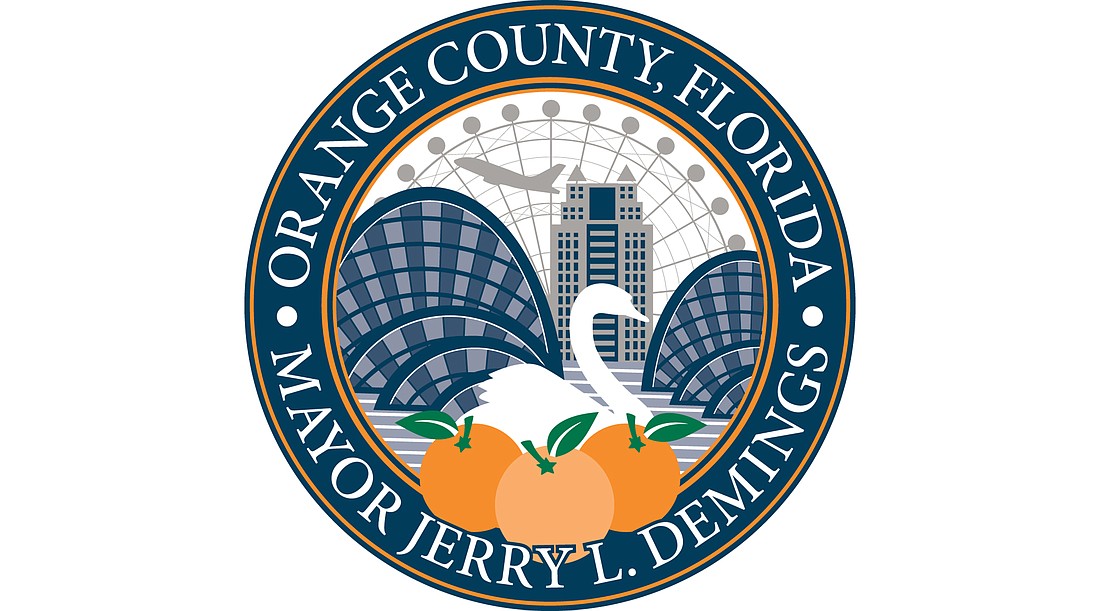- April 19, 2024
-
-
Loading

Loading

A new emergency executive order signed Friday, Dec. 4, by Orange County Mayor Jerry Demings will allow law-enforcement and code-enforcement officers to issue fines to businesses found to have violated COVID-19 protocols. The order went into effect at 12:01 a.m. Sunday, Dec. 6.
“We have arrived at a critical juncture in our fight to contain the transmission of the novel coronavirus within our community, and I now find myself in a position that I must make an adjustment in our strategy,” Demings said in a press conference Dec. 4.
“For weeks now I have pleaded with our community to do the right thing to help us help you,” he said. “We have asked for voluntary compliance and following the CDC guidelines during this public health crisis. Overall, we have seen most of our residents and visitors voluntarily complying, but, unfortunately, we have a few businesses that refuse to comply — and it is time that we hold them accountable.”
“My worries have more to do with the spread of the virus and more and more people getting infected.”
— Orange County Mayor Jerry Demings
For businesses to remain in compliance with the executive order, they must maintain the following protocols: Make sure employees and guests maintain social distancing; ensure employees wear face coverings at all times; require guests to wear face coverings; place appropriate signage throughout the business to remind patrons and employees to wear masks; and incorporate physical markings to help individuals maintain social distance.
The first violation of these rules will result in a fine of up to $500 issued by law-enforcement or code-enforcement officers, although a citation issued by a special magistrate would result in a fine of up to $1,000 per day for the first violation. That fine would increase to up to $5,000 a day for repeat violations.
If a special magistrate finds one or more violations to be irreparable or irreversible, a fine of up to $15,000 can be imposed per violation.
“It is to target the few bad actors,” Demings said. “I call them bad actors because these are the ones who act like they can’t care about the personal safety of others, when, in fact, they only care about their bottom line. They put profit above people.
“The ones who are good actors and comply … need not worry about the penalties, for they are the ones who put people over profit,” he said.
Demings said the county’s compliance teams have visited more than 5,600 businesses and have achieved an overall compliance rate of 98%.
“The battle is not over,” he said, citing the daily rise in the number of positive cases.
Dr. Raul Peño spoke at the press conference as well: “We are entering a critical phase of this pandemic, and you all have seen the national news. Fortunately, our county is in much better shape than other counties around the country. … (but) if we don’t keep what we are doing and increase what we are doing, we will be on the same level.”
Businesses found to be in noncompliance will be given instruction on what can be done to comply with the executive order and guidelines issued by the Centers for Disease Control and Prevention. The team will re-evaluate the business, and owners will not be penalized if the compliance team concludes they have made attempts to comply.
The teams will be evaluating businesses at all hours of the day. However, the most significant violations occur in the evening hours in establishments such as bars, and this is where the efforts will be concentrated, he said.
“My worries have more to do with the spread of the virus and more and more people getting infected,” Demings said. “We’re trying to be proactive here, and while some businesses may perceive that this is punitive and we’re trying to close businesses down, it’s really the converse of that. What we’re trying to do is ensure that we are able to safely keep our businesses open. And that means compliance with what the researchers have clearly established as the best strategy going forward.”